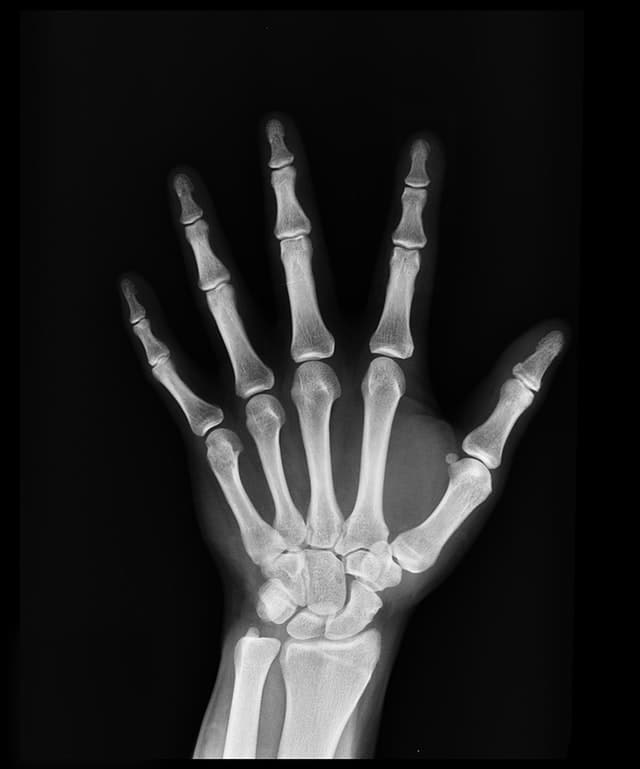Arizona patients suffering from the effects of osteoporosis should strongly consider making hearing exams a routine part of their medical regimen, according to audiologists in Tucson. A growing body of research has found a link between the bone density disease and sudden hearing loss. Understanding how the two seemingly different conditions are related can help in prevention.
What is Osteoporosis?
An estimated 54 million Americans have been diagnosed with osteoporosis, a disease that substantially weakens the bones to the point where they become fragile and may break easily. It can strike people of all ages, but affects older people most often, especially women. Studies indicate that approximately one out of two women aged 50 or older, and one out of four men in that age bracket, will break a bone due to osteoporosis.
Those with osteoporosis suffer from low bone mass, putting them at risk of developing serious bone loss and fractures. The most common bones to break are those in the hips, spine, and wrist. In addition to the pain associated with a broken bone, osteoporosis causes some patients to lose height, and may lead to a stooped or hunched posture. Other effects include limited mobility, isolation, and depression. 20 percent of elderly patients who break a hip die of complications within one year. While most fractures occur as the result of falls, in serious cases even something as insignificant as a minor bump, or even a sneeze, can lead to a broken bone. As if those complications weren’t enough, osteoporosis patients also have to worry about the possibility of hearing loss.
The Link Between Osteoporosis and Hearing Loss
To understand how osteoporosis can affect your hearing, it helps to have knowledge of the mechanisms responsible for hearing. Sound waves enter your outer ear canal and strike the eardrum, a thin membrane connected to three tiny bones in the middle ear known as the ossciles. When these bones are damaged, hearing loss can occur. Because osteoporosis weakens bones, it can affect the ossicles. One of these bones, the stapes, is the smallest in the human body, making it especially prone to fracture. Perhaps more concerning is the fact that hearing loss can occur without warning; a study of 10,000 patients with osteoporosis found that they are 76 percent more likely to develop sudden sensorineural hearing loss than individuals without the bone disease. Osteoporosis patients are also more likely to report a ringing in the ears known as tinnitus.
If you’re suffering from osteoporosis, your audiologist in Tucson recommends regular hearing screenings once you turn 50. Even if hearing loss has already occurred, it can still be managed effectively with hearing aids.
